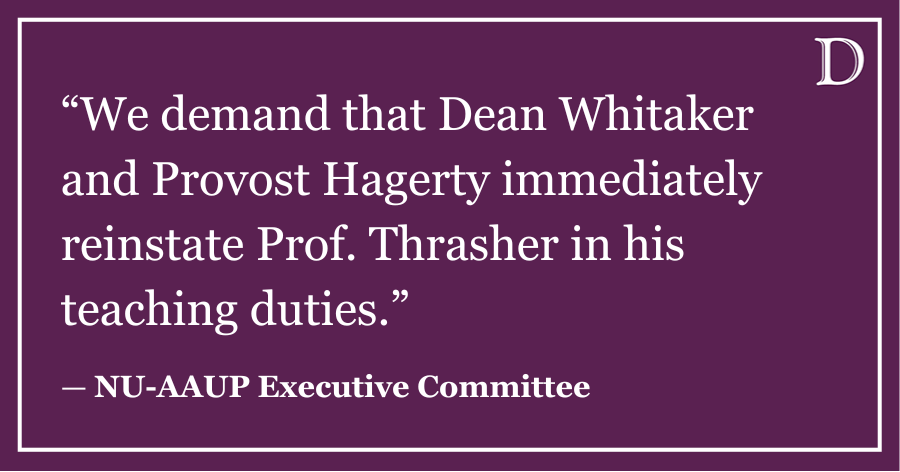I’m usually not a fan of provocative Facebook posts. Friends who routinely make political posts to start debates generally get removed from my newsfeed. Consequently, I was startled to find on Facebook an opinionated Economist article arguing that social mobility is not an issue. I was also surprised to read the poorly written rebuttal by Francisco Ferreira in which he takes redistributive policies out of context. Aside from bringing back horrific memories of upper-level econometrics (which I mercifully dropped after realizing I could take an easier course in data analysis), both articles make an attempt to tackle the issue of an entrenched elite. Before you throw the newspaper away, I’d like to point out that lack of social mobility isn’t just an issue people far away from campus experience. It’s embodied every day in the streets of Evanston and the population of the student body.
Ferreira’s piece argues that there is a positive correlation between economic success and inequality and goes on to say that redistribution is the root cause. I’m not so sure about his assertion. Economic success is dictated by international trade patterns, natural endowments and the longevity of successful institutions. It’s not a surprise that developed nations have the least inequality in opportunities and social outcomes, whereas developing nations struggle in both measures. On the other hand, Clark argues that low rates of social mobility are common everywhere once other factors besides income are considered. His argument would have been fine had he not concluded that this phenomenon is completely acceptable.
It is true that life is a constant struggle, but opportunities tend to find those who were already privileged to begin with. Clark mentions that choice of profession can have an impact on income (for instance, investment bankers make more on average than high school English teachers). However, it should also be said that those born into privilege have more choice with their profession in life. For instance, a Northwestern student is more likely than a community college graduate to have the opportunity to choose between being an investment banker and a high school English teacher.
Institutions also tend to favor those born into advantageous positions. While trust fund babies aren’t a common appearance on campus, approximately 55 percent of students pay the full $60,000 cost of attendance. More than half of American households and Chicago households literally cannot afford the price tag: The median household income as of 2011 in the U.S. is $50,500 per year, while Chicagoans bring in around $43,630 per year. For some Americans, life is even more difficult. I’m always bothered that I don’t have enough spare change to give to the homeless crowded around CVS and Chipotle when I go out for food.
Of course, this doesn’t mean NU is a bastion of elitism or that all institutions are evil. As Clark’s research shows, given equality of opportunity, those born in privileged positions will likely die privileged while passing on their wealth and ability to their heirs. However, it’s also true that not everybody is given the same opportunity; it’s a sad fact of life. To me, the takeaway is that we should all make the most of what we’re given and do our best to give back. Since the changing the world is a bit too much to ask, perhaps I’ll start with giving a few extra dollars to the homeless the next time I wander into downtown Evanston. I hope you’ll do the same.
Jan Jaro is a McCormick sophomore. He can be reached at janjaro2015@u.northwestern.edu. If you would like to respond publicly to this column, email a Letter to the Editor to forum@dailynorthwestern.com.













